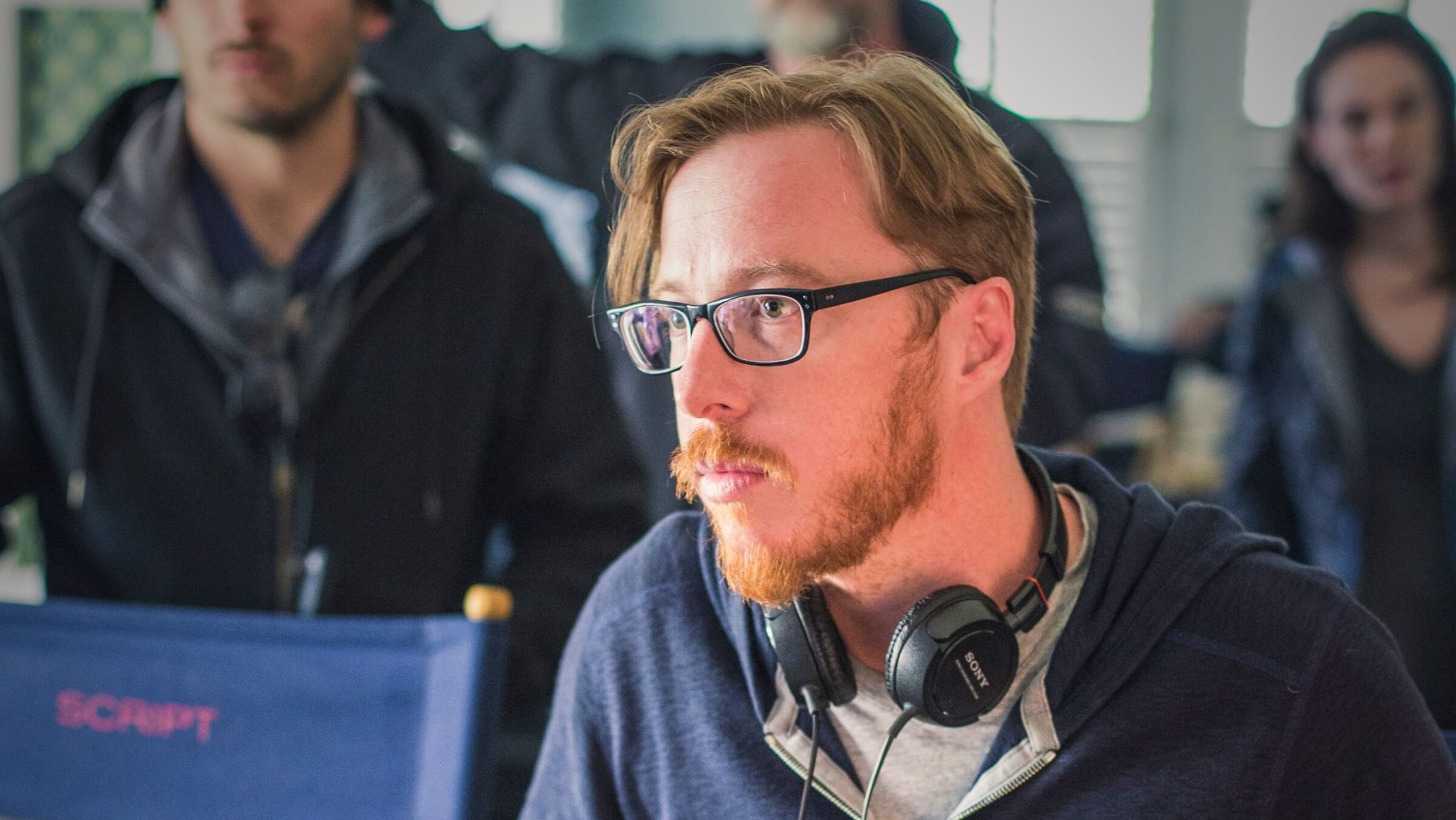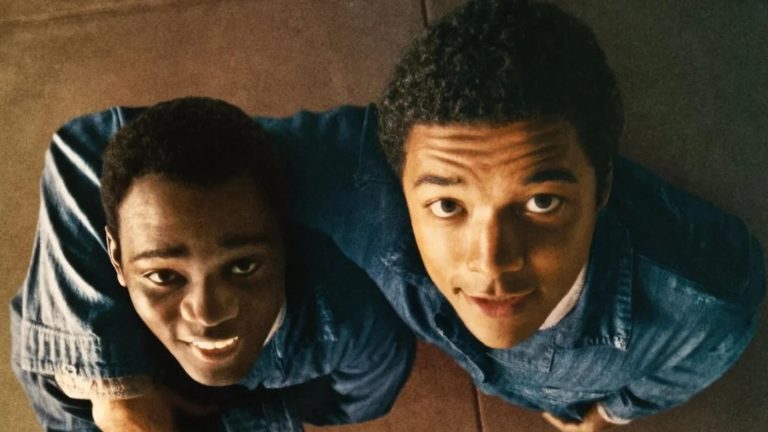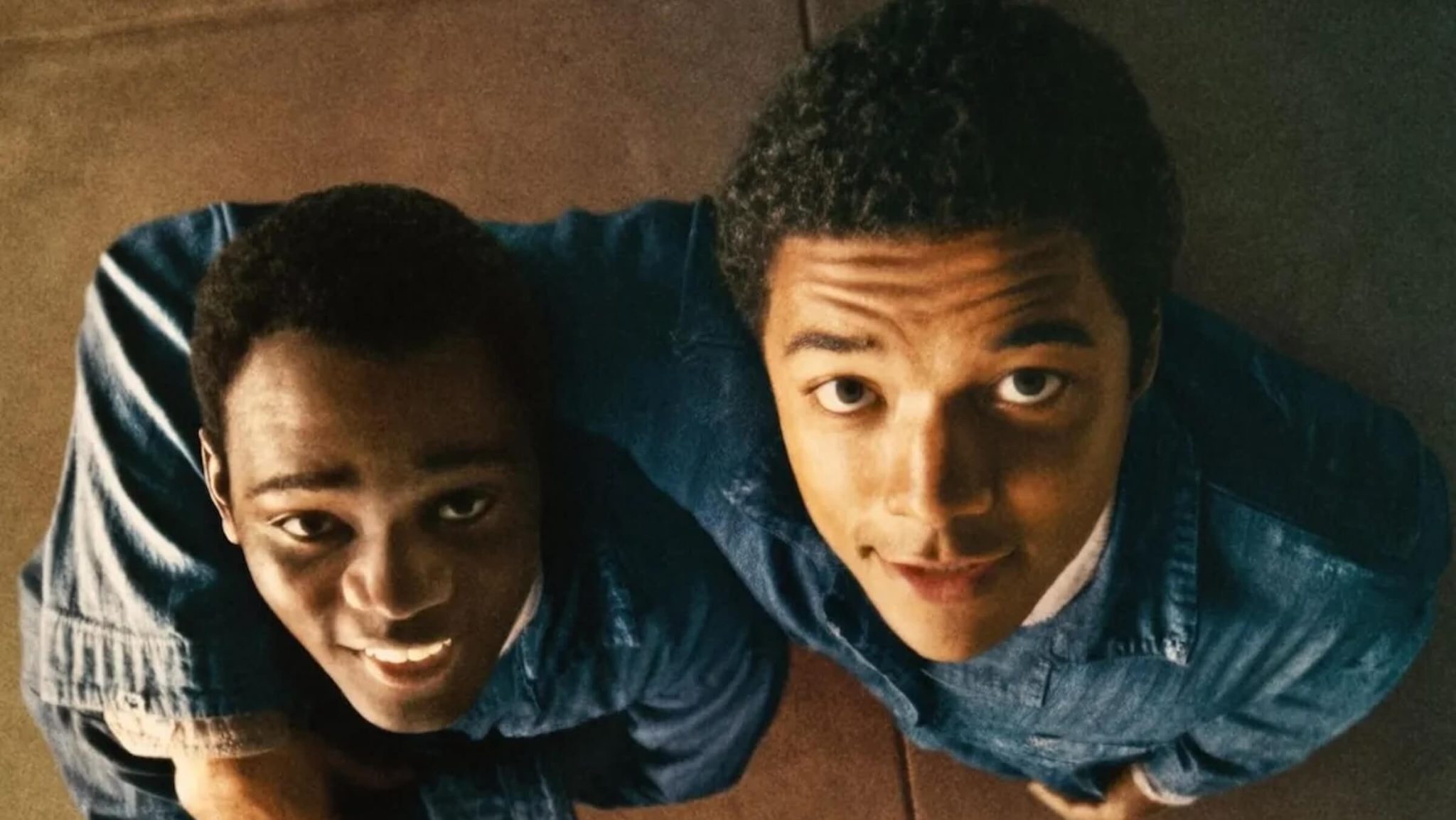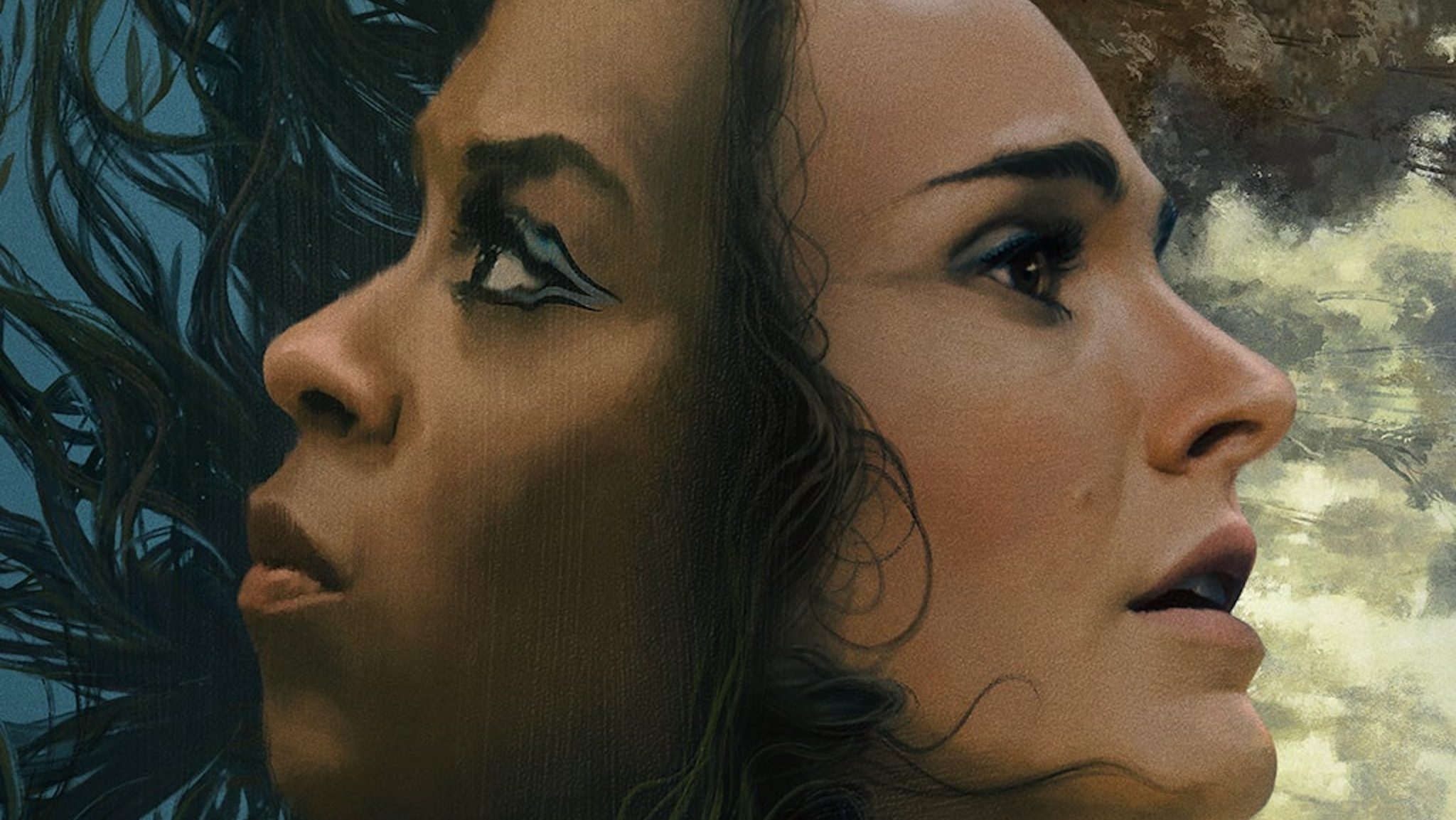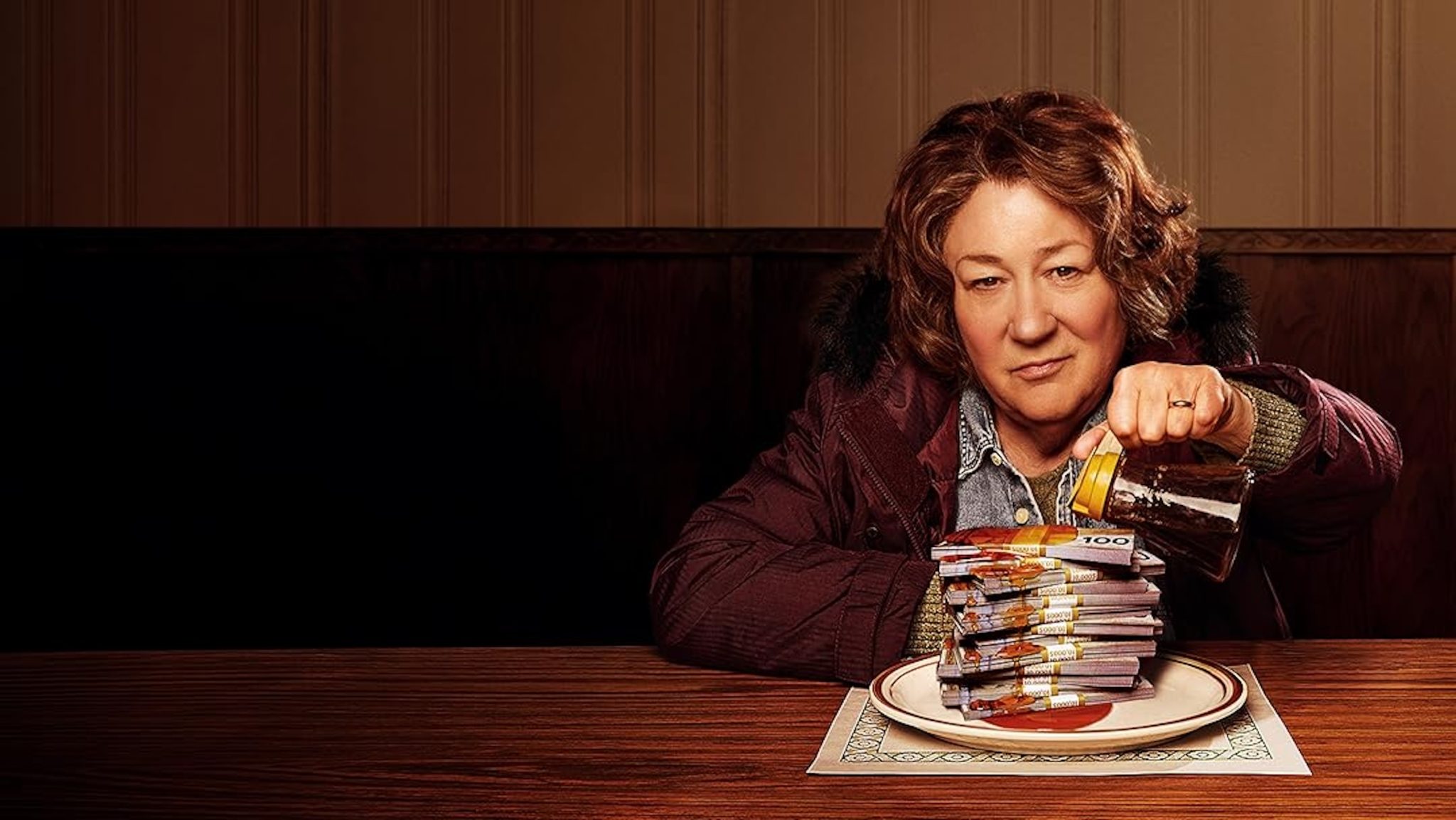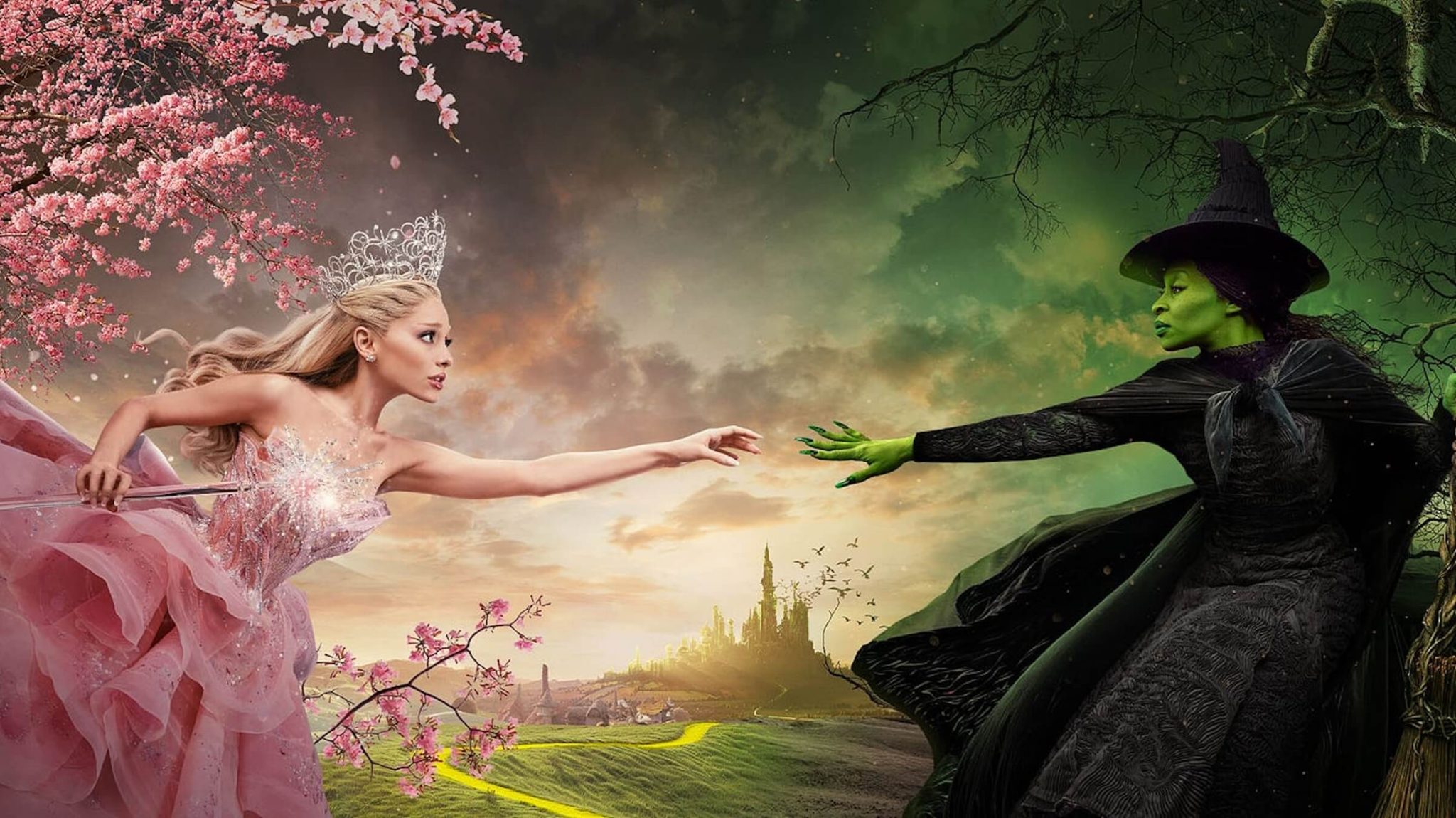How Blake Crouch Turns Obsessions Into Novels—and Novels Into Screenplays
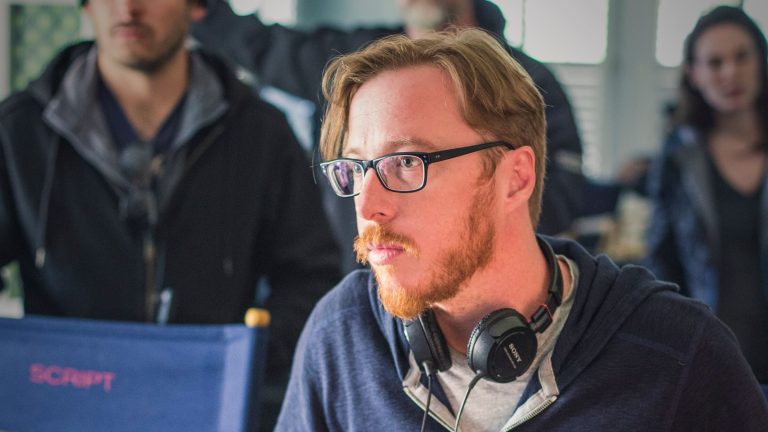
Before quantum mechanics became the central throughline of the Marvel Cinematic Universe, bestselling novelist Blake Crouch had the topic on his mind in a way he just couldn’t let go. The dive into this topic led to the acclaimed novel Dark Matter which he recently adapted into a series for Apple TV+.
In addition to Dark Matter, he also wrote Upgrade, which he is adapting into a movie for Steven Spielberg’s Amblin Partners. His novel Recursion is in development at Netflix with Shonda Rhimes and Matt Reeves. He also penned the international-bestselling Wayward Pines trilogy which was adapted into a series for FOX with M. Night Shyamalan executive producing, and he created the series Good Behavior for TNT based on his Letty Dobesh Novellas.
Having written over a dozen novels and actively working on bringing his work to the screen, Blake Crouch is clearly no writing slouch. So where does he get started to create such a prolific portfolio? Screencraft sat down with the author and screenwriter to dig into his process.
Blake Crouch Starts with a Topic
For Crouch, everything starts with a topic.
“It starts with a topic I want to dive into. … [For Dark Matter] I wanted to write and investigate quantum mechanics. And the book after that I knew I wanted to write about memory,” he says
Crouch, like Stephen King in his book On Writing, believes that stories are already within us. So when once you’ve gone through the research phase and gotten all of the information you could possibly need (and, to be honest, most things you won’t need) it’s time to stop digging into a topic and start digging within yourself.
“We sense it, the subconscious is older than language and so I think we feel stories before can really put a name to what they are. Like, I think that maybe that’s what writers do. We feel the story exists and we’re translating something that’s very deep in our subconscious and using words.”
This subconscious exploration isn’t easy or something you can sustain all of the time, but there are ways to help! Setting a writing ritual or routine so that your body and mind can more quickly jump into that headspace and start right is always incredibly helpful.
Crouch also supports the idea that you have to make space for developments to occur when you’re living in a world of distractions.
“I’m not tapped into it all the time. … You have to shut off the noise to some extent and be open to things and be open to experiences.”
Read More: Script Apart: How ‘His Three Daughters’ Screenwriter Turn Personal Experiences Into a Script

'Dark Matter'
Don't Be Afraid to Get Selfish
But most importantly, Crouch says you have to let yourself be selfish in the beginning.
“You kind of have to not want to do anything else and be willing to make those sacrifices," he says. "The ugly secret of it all is that writing is an inherently selfish act at first because it is about you telling yourself a story. Now the flip side of that is you get to the other side of that and you create something that connects with people. Now you’ve given a gift to people.”
When you have all the information you need, it’s time to push away all of the distractions—from your phone to the other pressures in life—so that you can focus on this one thing that is so incredibly important to you. This is not easy, since for so many of us time is a luxury. But if you don’t make time to be selfish now, you won’t be able to see the long-term fruits of your labor later.
How Blake Crouch Gets an Image in His Mind
Next, you’re going to need an image that you can put on the page.
“What really kicks things off is a mood or an image of something,” says Crouch. “I’ve always vividly seen the visual scene in my head as I’m writing the novel.”
This can be a bit of a balancing act in screenwriting since you don’t always have the real estate to wax on about your settings. But Crouch reminds writers, “The less that you say, the more of a whole image you place in people’s heads.”
While this advice can apply to novelists or screenwriters, especially crucial for the latter group as you must keep your page count down and consider how dense your script can be for a reader.
Read More: Does Hollywood Really Care About the Page Count of Your Script?

'Good Behavior'
The Pressure of the Page
The different natures of writing a novel or a script greatly impact Crouch’s approach when he begins putting down words.
“Prose gets the luxury of wandering. You can be a little more long-winded or go on tangents in scenes with characters,” says Crouch. This is one of the beauties of writing a novel that you get to explore and play with.
You can do this when you’re in the early “blue skies” writing of a script, but as Crouch also advises, screenwriting is a “process of contraction. You’re cutting away and cutting away and cutting away.”
“In screenplay form, you have to distill those meandering themes down to their essence, cutting away everything nonessential, and asking yourself ‘Does this scene need to exist?’ And if you can’t answer that question, then it needs to go. But if it does need to exist, then ‘What is the best version of this scene? What are we really finding out? What do the two characters want and what is the point of conflict?’”
But as much as Crouch is cutting, the choices he does make appear to flow easier in a script than in a novel. He says, “I find the process of writing a novel to be incredibly difficult and demanding first discovering the story, finding the tone… whereas with a screenplay, I feel less precious about the words. I feel less precious about the action lines. It feels like jazz.”
Read More: What Is a Central Question? (And Why Is It Important for Your Script?)
Blake Crouch Writes for an Audience of One
The biggest difference for Crouch when writing a novel or a screenplay is the audience. This is also part of why all of his scripts have been adaptations of his novels and not original scripts.
“I wouldn’t go anywhere near this insane business … most original screenplays will never be made. The only audience you have for those are executives and agents, if you’re lucky," he says. "A book is its own thing that I create. It’s a physical item and it has an audience no matter what. I don’t need anything in Hollywood for me to tell a story through one of my novels.”
To be fair, when you’re going the traditional publishing route, there is a barrier of agents and publishing executives in your path, same as there is an equivalent in Hollywood.
But if you’re open to self-publishing (or trying traditional and self-publishing), Crouch is right that your words will make it in front of a potentially much larger audience. Of course, novels are designed to be read whereas even the most beautiful written script is still meant to be watched, not read.
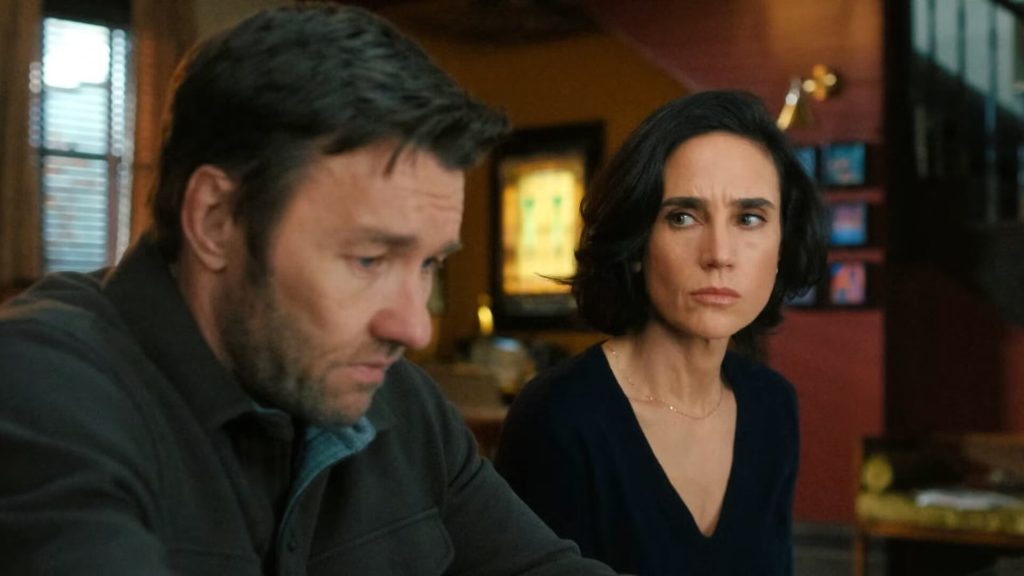
'Dark Matter'
---
As you’re working on your own writing skills in any format, you’re always writing for yourself first and foremost. You’re writing about that topic that you became obsessed with so that you can see that story you dug out of the depths of your soul. The one you sacrificed time to bring out.
No matter what format you’re penning, the audience will remain just you if you don’t get it out in the world. So take these tips and get writing!
Read More: Screenplays vs. Novels: 7 Insights Quentin Tarantino Has Given on Writing Both
Check out our Preparation Notes so you start your story off on the right track!
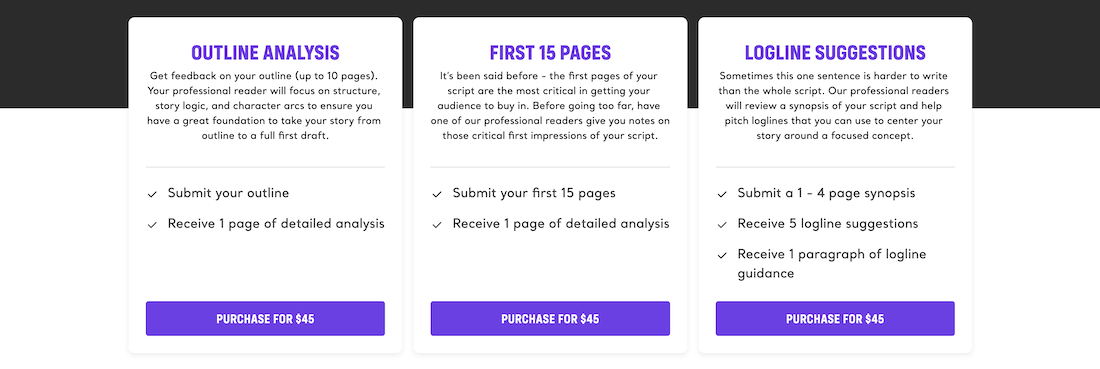
Tags
Get Our Screenwriting Newsletter!
Get weekly writing inspiration delivered to your inbox - including industry news, popular articles, and more!



